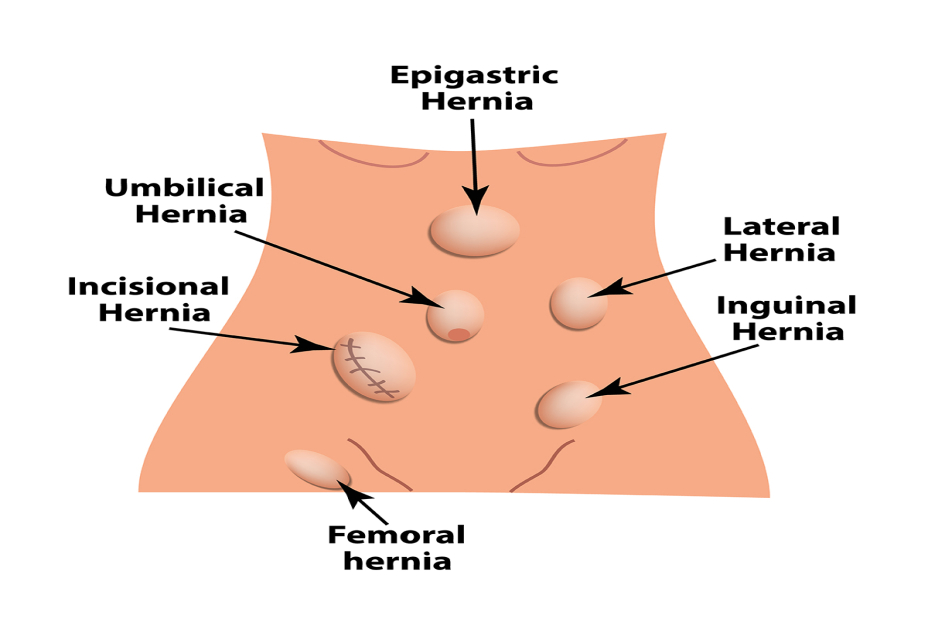It is said that anything that causes an increase in pressure in the abdomen can cause a hernia. It is usually innocuous and painless, however, time and again it can bring utmost pain and discomfort especially on doing certain activities which we will discuss further in the blog. Though, anyone can develop a hernia at any age, adults are more likely to have an inguinal hernia. Among adults, the chances of having an inguinal hernia increase with age. Hence, it becomes important to follow certain precautionary measures in order to avoid getting one. Adults who frequently find themselves doing strenuous sports and physical activity, particularly weight-lifting, can develop an inguinal hernia. However, hernias are not just caused by lifting heavy weights, but could be congenital or may also be caused by a bad adult lifestyle i.e. smoker’s cough, and other conditions like COPD that cause heavy coughing, which exerts pressure on the abdominal wall. It is always recommended for both males and females to not ignore any type of hernia and seek immediate medical attention if any discomfort stays for a long period.
Now let’s go deeper in understanding exact reasons that contribute to the causes of hernia in adults.
In simple terms, hernia is a protrusion of the inner organ or part of the organ through a weak muscle area. Although there are multiple reasons for a hernia, below are some common contributing factors of muscular weakness or tension that can cause hernia in adults.
- A congenital condition – a defect that may be present during infant development but is detected during adulthood.
- Muscular weakness due to advanced age or as a result of an injury or surgery. Reasons such as obesity, smoking, and an unbalanced diet can lead to the weakening of muscles in the abdominal region which can cause a hernia.
- Constantly recurring respiratory disease or coughing can put strain on the weak muscles.
- Performing heavy exercises or frequent lifting of heavy objects.



- Multiple pregnancies (twins, triplets and more) can cause a hernia. Pregnant women have a higher risk of getting one due to an increased pressure on the abdomen during pregnancy.



- Longstanding chronic constipation and pushing hard for a bowel movement can be a big cause of hernia in adults.
- Accumulation of more fluid (>25 ml) in the abdomen area could be a cause of hernia in adults due to the increased pressure of fluids.
- Obesity/ overweight is another factor because it increases the strain and pressure on the abdominal muscles, therefore making them weaker and more prone.
Each kind of hernia has various causes in adults, which implies that the measures you take to intercept them will also be moderately different. However, consuming a high fiber diet, maintaining a healthy weight, and quitting smoking can help curb a hernia. Please note that not all of them are preventable and it’s always advisable to seek proper medical care to avoid severe consequences as they cannot heal on their own. And, just in case you’re experiencing any discomfort while sitting, walking or performing any routine physical activities then contact your primary care provider as soon as possible and request an appointment.
















